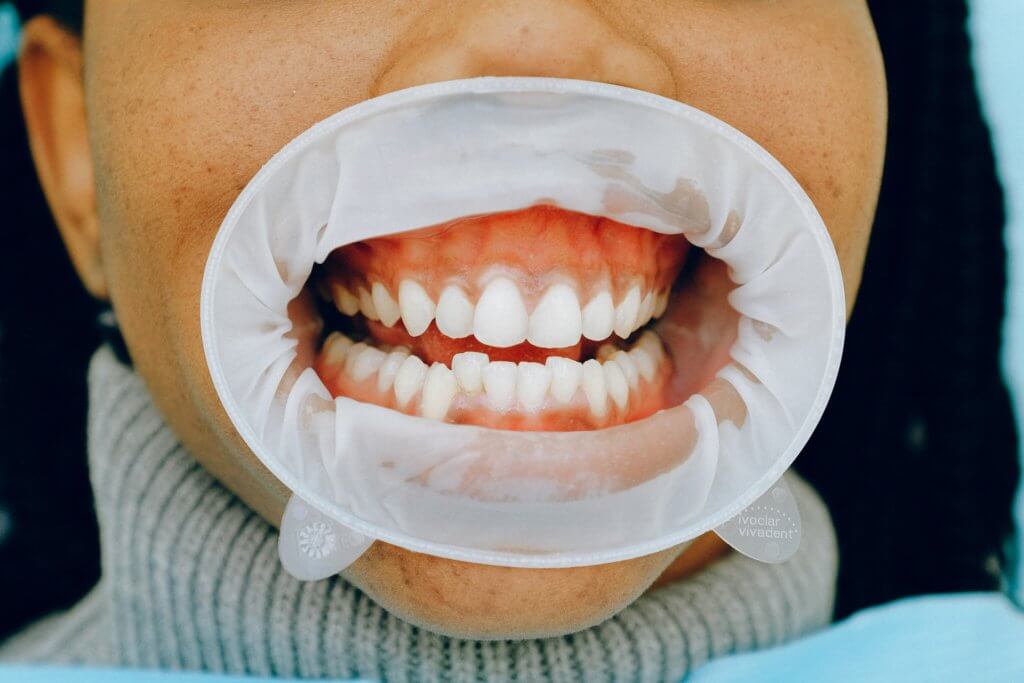SENDAI, Japan — Maintaining good dental hygiene may boost brain health and reduce the risk of dementia, according to recent research. Scientists in Japan have found that individuals who practiced good oral hygiene — such as brushing regularly — had more neurons in the hippocampus, a part of the brain essential for memory.
Their research points to a correlation between gum disease and tooth loss and reduced gray matter in the brain and declining mental health. This discovery could have clinical implications, as regular dental visits might help prevent Alzheimer’s disease, the most common form of dementia.
“Tooth loss and gum disease, which is inflammation of the tissue around the teeth that can cause shrinkage of the gums and loosening of the teeth, are very common, so evaluating a potential link with dementia is incredibly important,” says Dr. Satoshi Yamaguchi, the lead author of the study from Tohoku University, in a media release. “Our study found that these conditions may play a role in the health of the brain area that controls thinking and memory, giving people another reason to take better care of their teeth.”
Chewing stimulates blood and oxygen flow to the head, promoting brain health. Tooth loss, on the other hand, might lead to unhealthy eating habits.
As the number of dementia cases worldwide is projected to triple by 2050, reaching over 150 million, the focus has increasingly shifted towards lifestyle changes that can maintain cognitive sharpness. Gum disease, caused by inflammation of tooth-supporting tissues, affects about one in seven adults.

The study observed 172 Japanese participants, averaging 67 years of age, who did not initially have memory problems. For those with mild gum disease, tooth loss was linked with a faster rate of brain shrinkage in the left hippocampus, crucial for language and word recall. The same phenomenon was identified in those with severe gum disease who had more teeth.
“These results highlight the importance of preserving the health of the teeth and not just retaining the teeth. The findings suggest that retaining teeth with severe gum disease is associated with brain atrophy,” emphasizes Dr. Yamaguchi. “Controlling the progression of gum disease through regular dental visits is crucial, and teeth with severe gum disease may need to be extracted and replaced with appropriate prosthetic devices.”
Participants underwent dental examinations and memory tests and had brain scans to measure the volume of the hippocampus initially and again four years later. The researchers counted the number of teeth each participant had and checked for gum disease using periodontal probing depth, a measure of gum tissue health.
The researchers conclude that further studies are necessary with larger participant groups. Last year, an international study involving over a million people found a 21-percent higher likelihood of developing Alzheimer’s in those with poor dental hygiene. Previous studies have also linked gum disease with diabetes, cardiovascular illnesses, and chronic systemic inflammation.
The findings are published in the journal Neurology.
South West News Service Mark Waghorn contributed to this report.

